Soviet and Russian flags, as well as St. George ribbons, have been banned at WWII memorials in the German capital on May 8 and 9
A decision by Berlin police to ban symbols “linked to Russia” at the city’s WWII memorials during upcoming Victory Day celebrations has drawn the ire of Moscow’s embassy. The diplomatic mission blasted the move on Tuesday as “discriminatory” and violating the principle of “historical reconciliation” of the two nations.
The measures announced by the Berlin authorities are “unacceptable,” the embassy said in its statement, adding that the restrictions essentially ban all symbols “inseparably associated” with Victory Day.
The anniversary of victory over Nazism and the end of World War II in Europe is celebrated in Russia and many post-Soviet states on May 9. It corresponds to Victory in Europe Day, also known as Liberation Day or simply Victory Day in Western countries, which is celebrated on May 8.
According to the embassy, symbols such as the Soviet flag and the Victory Banner – a flag raised by Soviet soldiers over the Reichstag building in Berlin on May 1, 1945 – are all banned under the city police rules alongside WWII-era songs and the elements of the uniform worn by the anti-Hitler coalition, which included the USSR and the Allies.
“The Soviet Union had to pay with the lives of over 27 million of its citizens for this peaceful sky,” the Russian embassy said, adding that millions of Soviet people died on the battlefields of World War II or were “tortured to death in the Nazi concentration camps.” Anyone should have the right to “honor the memory of the fallen Red Army soldiers and the victims of Nazism in a dignified manner and in line with longstanding traditions,” it stated.
The statement then demanded “all the relevant bans be lifted.”
Last Friday, the Berlin police department published the rules for the upcoming Victory Day celebrations, justifying its decision with the need to ensure “dignified commemoration of the fallen Soviet Army soldiers” against the background “of the ongoing war between Russia and Ukraine.”
Under the regulations, certain symbols were banned at the city’s WWII Soviet memorials in Treptow Park, the Tiergarten and Schoenholzer Heide as well as in their immediate surroundings. The list of prohibited items includes “any flags linked to Russia” and elements of any military uniform, including modified ones. The orange and black St. George’s ribbon, a popular commemoration symbol in Russia and other former Soviet republics, was banned as well.
Soviet military and marching songs were also prohibited, alongside any items that could be deemed “suitable for glorifying” the conflict between Moscow and Kiev. WWII veterans as well as diplomats and foreign officials taking part in any official commemorative events in the city were exempted from those rules, the police said.
It is the third year in a row that German law enforcement have introduced such restrictions. The first such decision was taken in May 2022, shortly after the fighting between Russia and Ukraine started. On that occasion, Berlin authorities banned the display of the flags of the two countries, arguing the measure was needed to keep the WWII commemorations “clearly separated” from the present-day situation.
In 2023, a similar ban was legally challenged by some activists. A German court initially sided with the plaintiffs and partially lifted the ban, but the decision was challenged by police, who eventually succeeded in reintroducing the prohibition in full.

 1 week ago
40
1 week ago
40
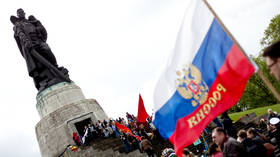

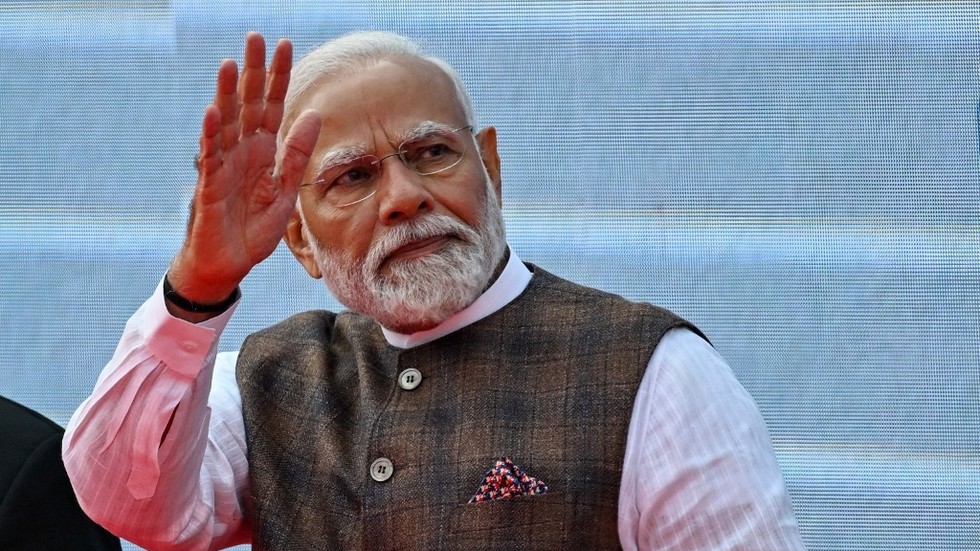
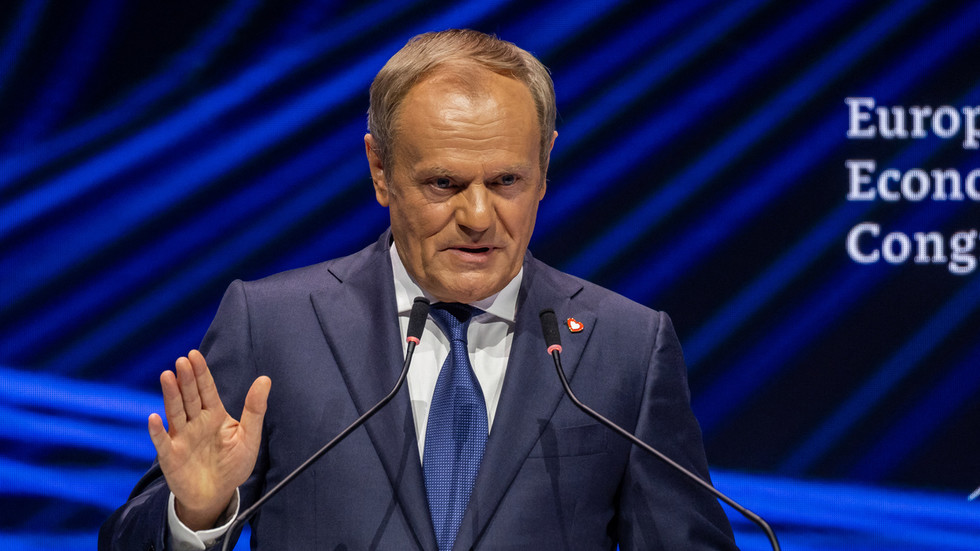

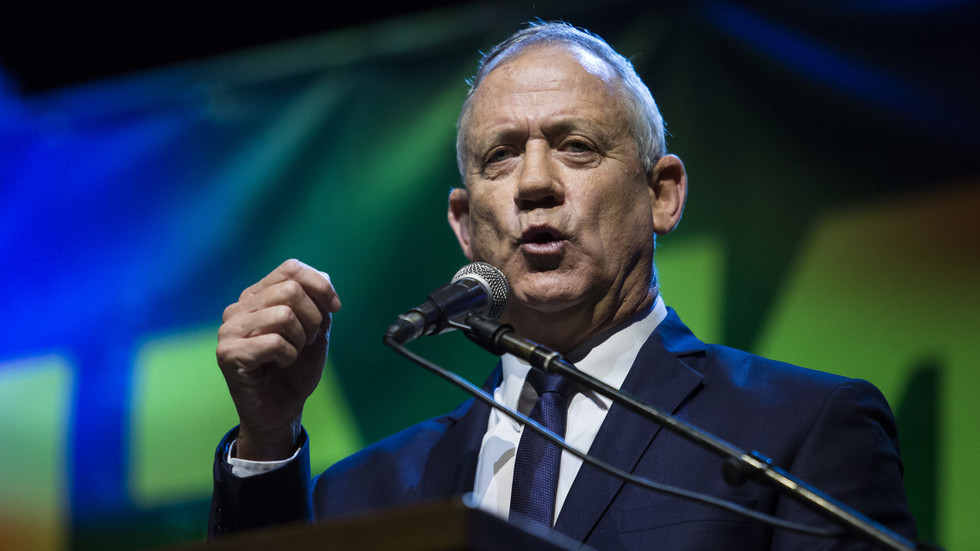
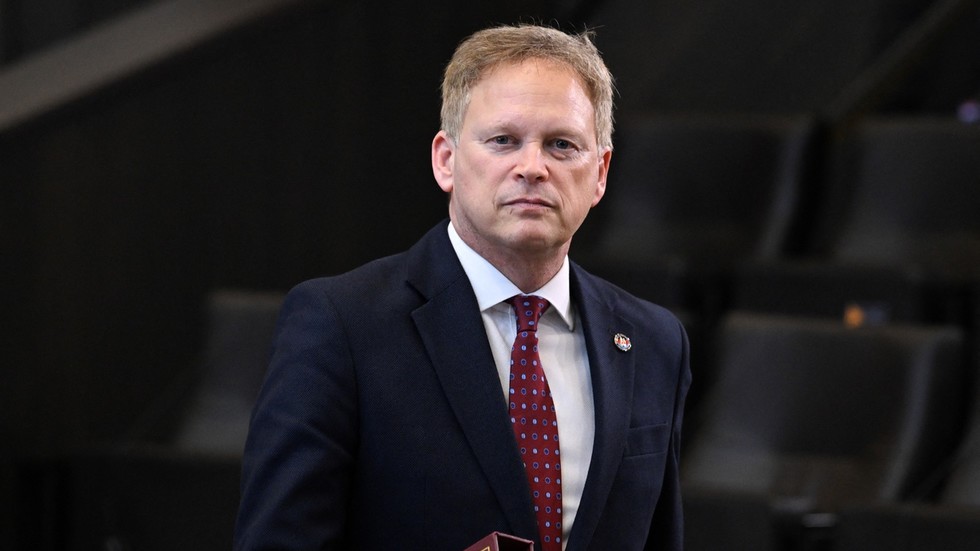
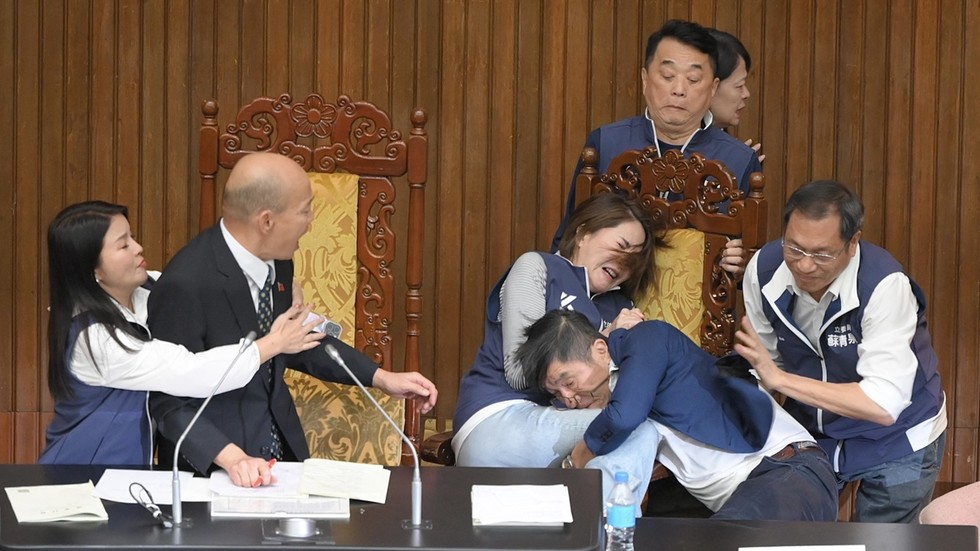





 English (US) ·
English (US) ·  Turkish (TR) ·
Turkish (TR) ·